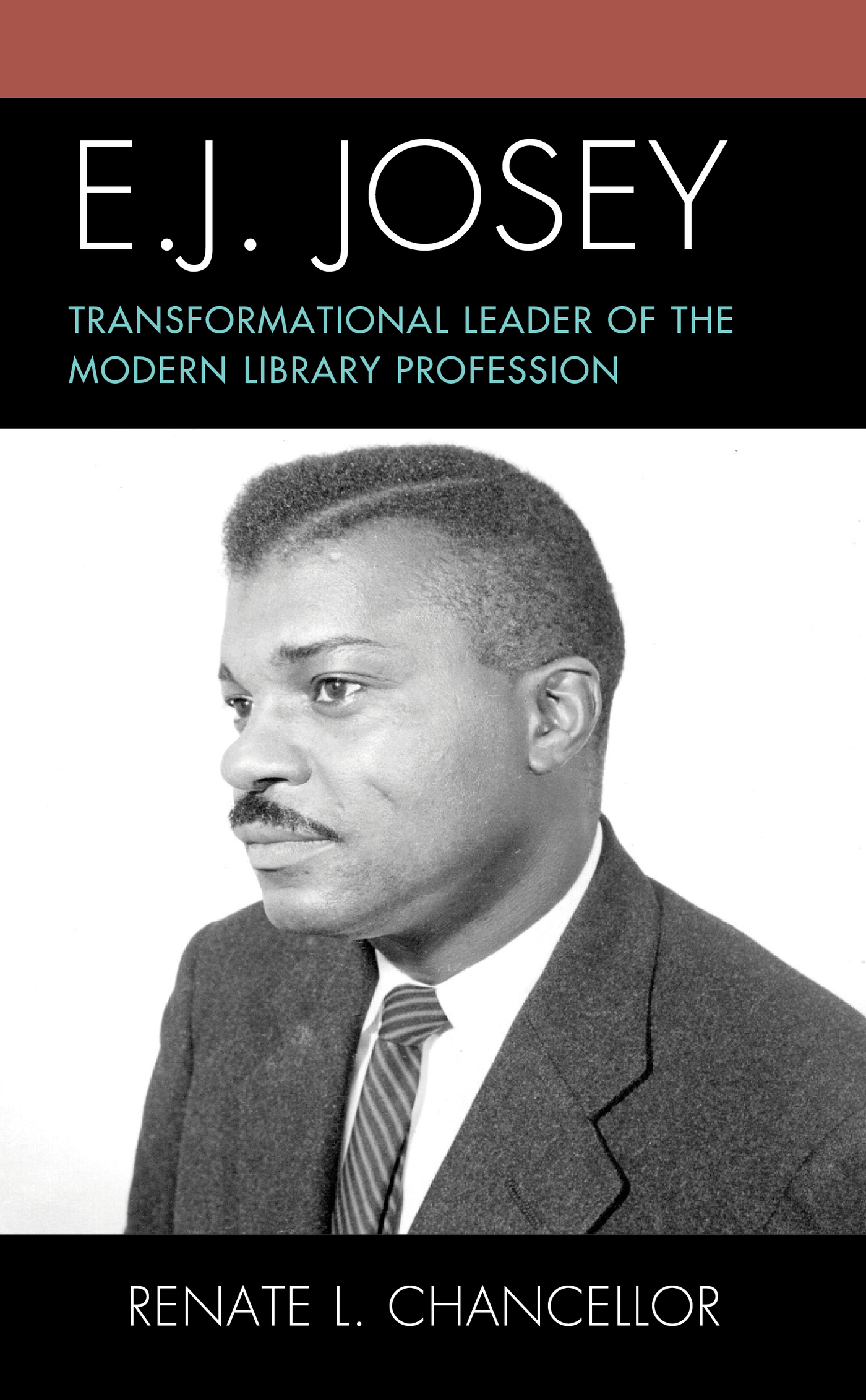ASSOCIATION FOR LIBRARY AND
INFORMATION SCIENCE EDUCATION
(ALISE)
BOOK SERIES
SERIES EDITORS
Jaya Raju, University of Cape Town
Dietmar Wolfram, University of Wisconsin-Milwaukee
ABOUT THE SERIES
The ALISE Book Series, published by Rowman & Littlefield (https://rowman.com/), addresses issues critical to Library and Information Science education and research through the publication of epistemologically grounded scholarly texts which are inclusive of regional and national contexts around the world.
ABOUT ALISE
The Association for Library and Information Science Education (http://www.alise.org) is a non-profit organization that serves as the intellectual home of faculty, staff, and students in Library and Information Science, and allied disciplines. It promotes innovation and excellence internationally through leadership, collaboration, advocacy, and dissemination of scholarship.
Titles in the Series:
The Information Literacy Framework: Case Studies of Successful Implementation, by Heidi Julien, Melissa Gross, and Don Latham
E. J. Josey: Transformational Leader of the Modern Library Profession, by Renate L. Chancellor
E. J. Josey
Transformational Leader of
the Modern Library Profession
Renate L. Chancellor
ROWMAN & LITTLEFIELD
Lanham Boulder New York London
Published by Rowman & Littlefield
An imprint of The Rowman & Littlefield Publishing Group, Inc.
4501 Forbes Boulevard, Suite 200, Lanham, Maryland 20706
www.rowman.com
6 Tinworth Street, London SE11 5AL
Copyright 2020 by The Rowman & Littlefield Publishing Group, Inc.
All rights reserved. No part of this book may be reproduced in any form or by any electronic or mechanical means, including information storage and retrieval systems, without written permission from the publisher, except by a reviewer who may quote passages in a review.
British Library Cataloguing in Publication Information Available
Library of Congress Cataloging-in-Publication Data
Names: Chancellor, Renate, 1965 author.
Title: E. J. Josey : transformational leader of the modern library profession / Renate Chancellor.
Description: Lanham : Rowman & Littlefield, [2020] | Series: Association For Library And Information Science Education (ALISE) book series | Includes bibliographical references and index. | Summary: This book examines the life and career of librarian, educator and activist E. J Josey. During Josey's professional life, which spanned fifty-five years, he worked as a librarian (19531966), an administrator of library services (19661986), and as a professor of library science (19861995)Provided by publisher.
Identifiers: LCCN 2019041918 (print) | LCCN 2019041919 (ebook) | ISBN 9781538121764 (cloth) | ISBN 9781538121771 (epub)
Subjects: LCSH: Josey, E. J., 19242009. | American Library AssociationHistory. | LibrariansUnited StatesBiography. | African American librariansBiography. | African Americans and libraries. | Minorities in library scienceUnited StatesHistory20th century.
Classification: LCC Z720.J75 C47 2020 (print) | LCC Z720.J75 (ebook) | DDC 020.92 [B]dc23
LC record available at https://lccn.loc.gov/2019041918
LC ebook record available at https://lccn.loc.gov/2019041919
 TM The paper used in this publication meets the minimum requirements of American National Standard for Information Sciences Permanence of Paper for Printed Library Materials, ANSI/NISO Z39.48-1992.
TM The paper used in this publication meets the minimum requirements of American National Standard for Information Sciences Permanence of Paper for Printed Library Materials, ANSI/NISO Z39.48-1992.
To my parents, Bobby and Viola Chancellor, who inspired my love for black history and taught me to be fearless
Acknowledgments
I would like to extend thanks to all those who so generously contributed to the work presented in this book. I am especially grateful to those who shared with me their thoughts, experiences, and recollections of E. J. Josey. Many thanks to the Rowman & Littlefield staff, especially my editor, Charles Harmon, who helped to bring this book into completion. I would also like to thank the ALISE Book editors, Dietmar Wolfram and Jaya Raju, who provided critical and important commentary and advice that also aided in bringing this book to fruition.
I had the opportunity to present early versions of this project in several settings, including the Association for the Study of African American Life and History annual convention in Birmingham, Alabama. I was invited by my colleagues in the Department of Library and Information Science at the Catholic University of America to present at our inaugural annual Bridging the Spectrum Symposium in Washington, DC. I am grateful to Kelly Navies, former collections librarian at the MLK Memorial Library who invited me to speak at the MLK Memorial Library during their monthly speaker series. The invitation by Heather Wiggins to present at the Library of Congress in Washington, DC, was thrilling. I was especially grateful that I had the opportunity to share Joseys story with relatives of Rosa Parks.
I am indebted to the American Library Association Archives, the Savannah State University Library, the University of Pittsburgh Archives, the Portsmouth Public Library, the Birmingham Public Library Archives, and North Carolina Central University School of Library and Information Sciences, who allowed me to spend endless hours viewing Joseys papers. I would be remiss without acknowledging the guidance of Blanche Woolls, who connected me with my editor, and thanking all of my research assistants who helped with editing, formatting, and fact checking iterations of the manuscript. I would like to thank friend and colleague Dr. Joan Lussky for her detailed attention and care with indexing this book.
Feedback from family, friends, and other scholars across the country helped me to reexamine my own conclusions and perspectives. I would like to thank my mother, Viola, whose love and guidance are with me in whatever I pursue; my sister, Heidi, who was often a sounding board for ideas and organization of this manuscript; my nephew, Isiah, who reviewed drafts and provided key input for adding color to Joseys story. I would especially like to thank Dr. Shari Lee for her endless and enthusiastic support during this entire journey.
Finally, I would like to thank E. J. Joseys family. I am extremely grateful for the support and kindness of Elaine Jacqueline Josey Turner and Lawrence Turner, who opened their hearts and home to me so that their fathers story could be told.
Preface
Discourse on the contributions of African American librarians has been scant in library and information science (LIS) literature. In fact, it was not until I was enrolled in the historical research methods course in the penultimate quarter before receiving my masters in library and information studies that I stumbled across an article that referred to librarian Elonnie Junius Josey, affectionately referred to as E. J. Josey. I was thrilled but also disappointed that I had completed nearly two years of study without hearing about the contributions of not only African American librarians but other librarians of color. My excitement was quickly discovered by Professor Mary Niles Maack, who eventually convinced me to conduct a dissertation on Joseys life. I could never have imagined that the serendipitous article on Josey would lead to years of research and discovery on his life and leadership in the modern library profession.
Within the broader historical and political landscape of the civil rights movement, this work examines the life and professional career of E. J. Josey. In the era of Jim Crow, Josey rose to prominence in the LIS profession by challenging the American Library Association (ALA) to live up to their creed of equality for all. Using interviews with Josey and his contemporaries, as well as several primary and secondary sources, this book traces his life and transformative leadership in the modern library profession. During Joseys professional career, which spanned over fifty years, he worked as a librarian, an administrator of library services, and as a professor of LIS. He also served as president of the ALA in 19841985. He was very active in many professional associations in and outside of librarianship. His most notable achievement occurred in 1964 when he proposed a resolution that would prevent Southern library associations from discriminating against African American librarians.

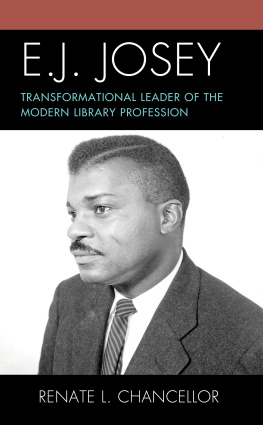

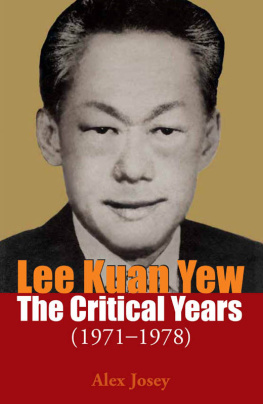

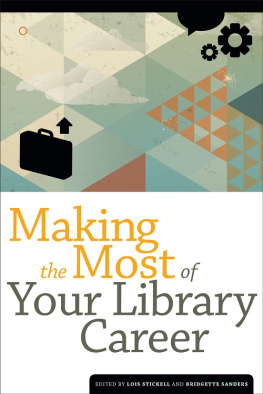
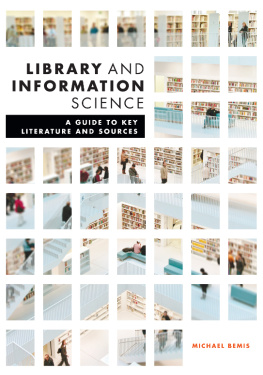

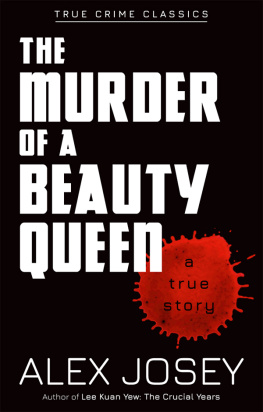
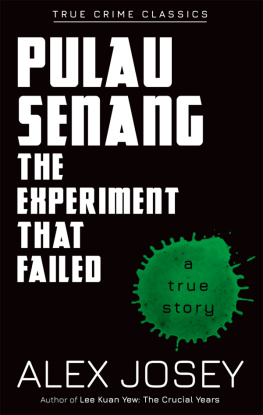

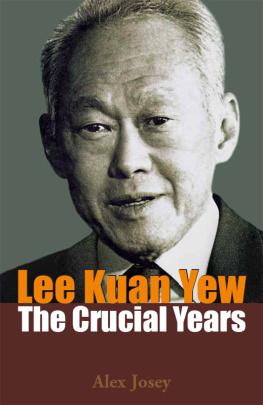
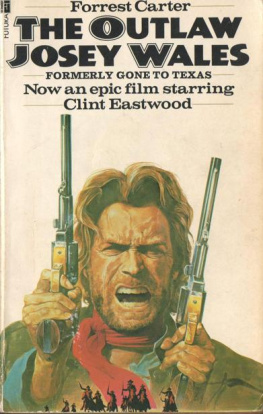
 TM The paper used in this publication meets the minimum requirements of American National Standard for Information Sciences Permanence of Paper for Printed Library Materials, ANSI/NISO Z39.48-1992.
TM The paper used in this publication meets the minimum requirements of American National Standard for Information Sciences Permanence of Paper for Printed Library Materials, ANSI/NISO Z39.48-1992.